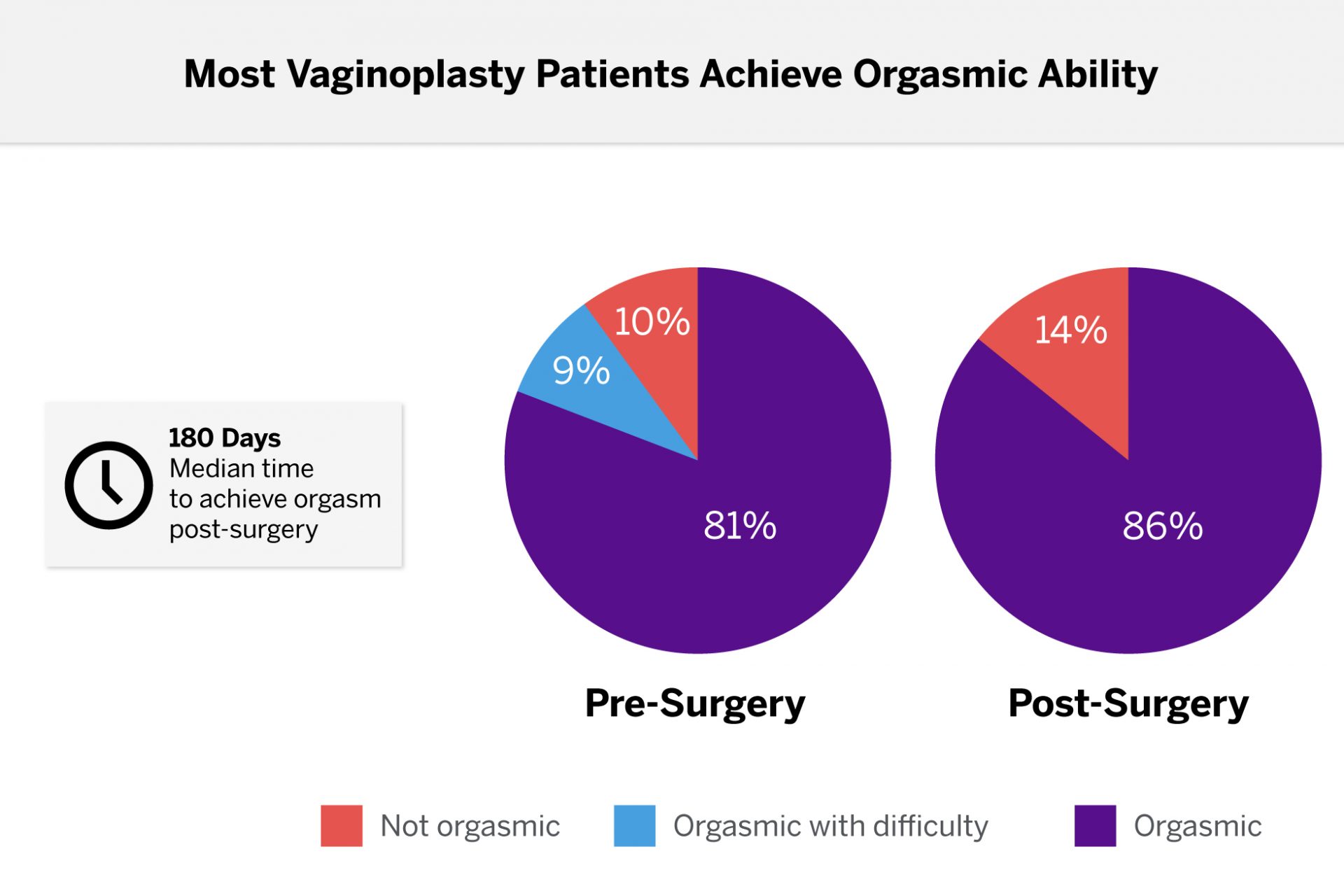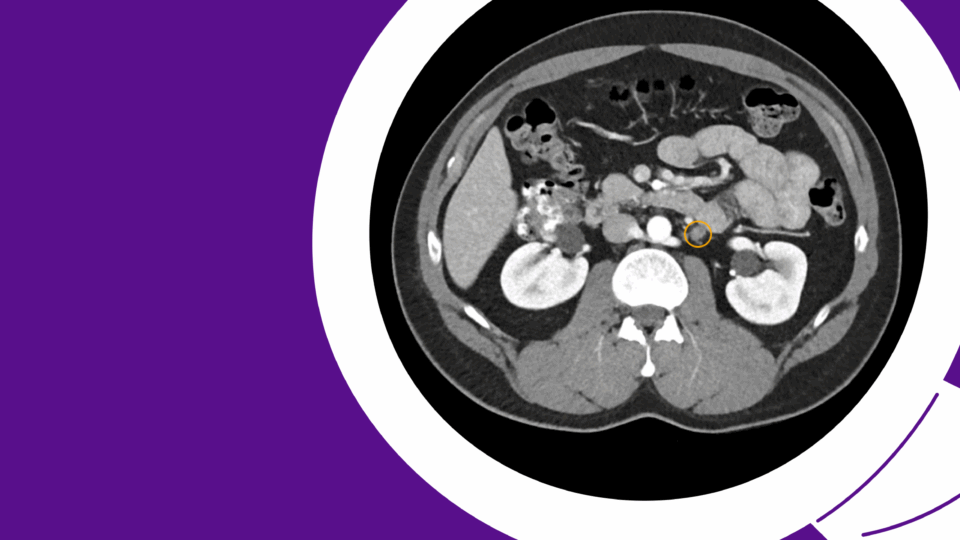A new study published in the Journal of Sexual Medicine finds that 86 percent of patients undergoing robotic peritoneal flap vaginoplasty at NYU Langone Health are able to achieve orgasm within one year of the surgery.
“We developed the robotic peritoneal flap vaginoplasty and we’ve performed more of these procedures than any other center,” says study co-author and urologic surgeon Lee C. Zhao, MD, co-director of transgender reconstructive surgery in Transgender Surgery Services. So far, the team has completed more than 500 of the gender-affirming surgeries, with low complication and revision rates.
The new retrospective study is the first to quantify the time needed for patients to regain their post-surgery orgasmic ability. “One of the things that’s unique about this study is that people hadn’t really measured it previously,” says study co-author Rachel Bluebond-Langner, MD, a urologic surgeon and the Laura and Isaac Perlmutter Associate Professor of Reconstructive Plastic Surgery.
Pre-surgery, only 81 percent of patients were able to achieve orgasm without difficulty. Post-surgery, Dr. Bluebond-Langner says some of the previously anorgasmic patients became newly orgasmic. “The nerves have to be present,” she says. “But then there’s a mind–body connection, there are hormonal influences, there are emotional influences, and there’s just connecting to your new anatomy.”
“Two-thirds of our patients come from out of state. With our close monitoring of patients, we’re able to achieve these excellent outcomes despite many of them coming from far away.”
Lee C. Zhao, MD
NYU Langone takes a holistic approach to supporting patients in their post-surgical care, Dr. Zhao notes, with the involvement of nurse navigators, social workers, physical therapists, and other specialists. “Two-thirds of our patients come from out of state,” he says. “With our close monitoring of patients, we’re able to achieve these excellent outcomes despite many of them coming from far away.”
“Patients proceed at their own rate, so not everyone is going to orgasm on the same post-operative timetable. Just because it takes longer doesn’t mean it won’t happen, and I think in that sense, providing data can often be very encouraging for patients.”
Rachel Bluebond-Langner, MD
The personalized follow-up, Dr. Bluebond-Langner adds, is a big key to the success of the gender-affirming surgery. “It’s important to emphasize that patients proceed at their own rate, so not everyone is going to orgasm on the same post-operative timetable,” she says. “Just because it takes longer doesn’t mean it won’t happen, and I think in that sense, providing data can often be very encouraging for patients.”







